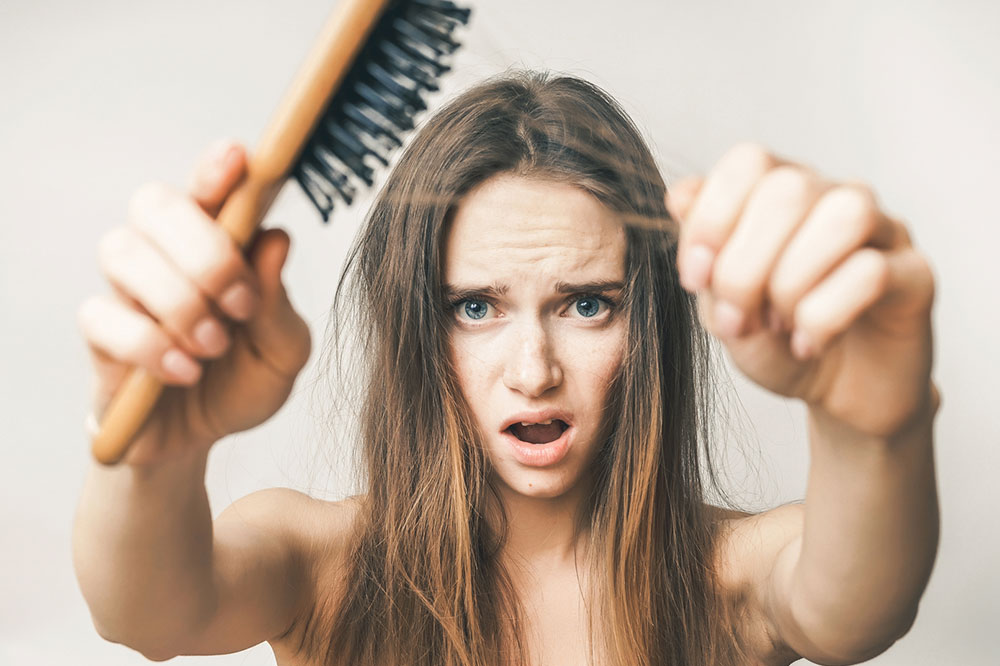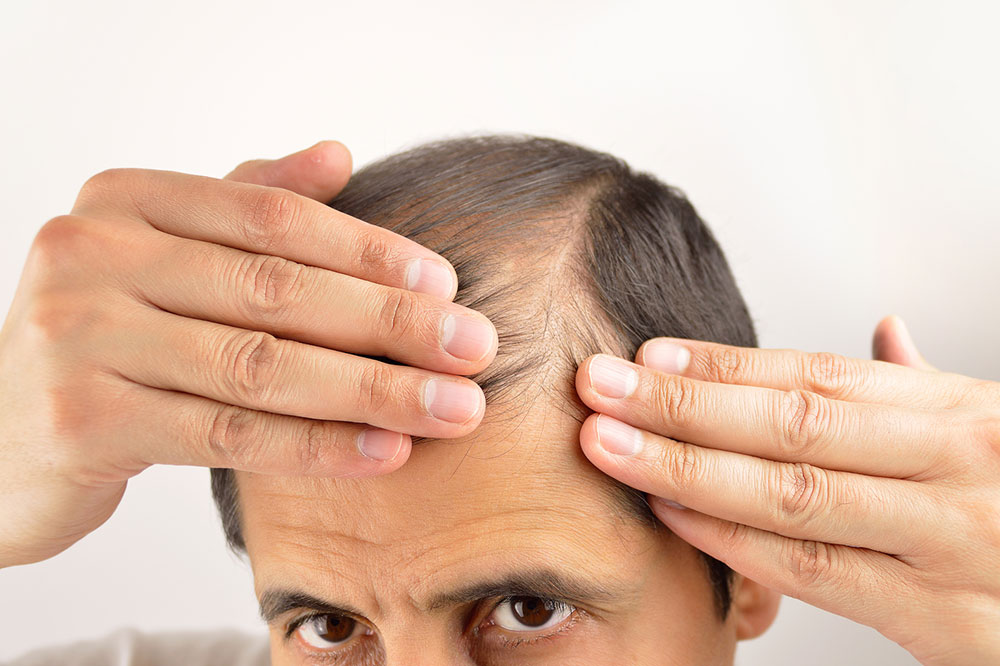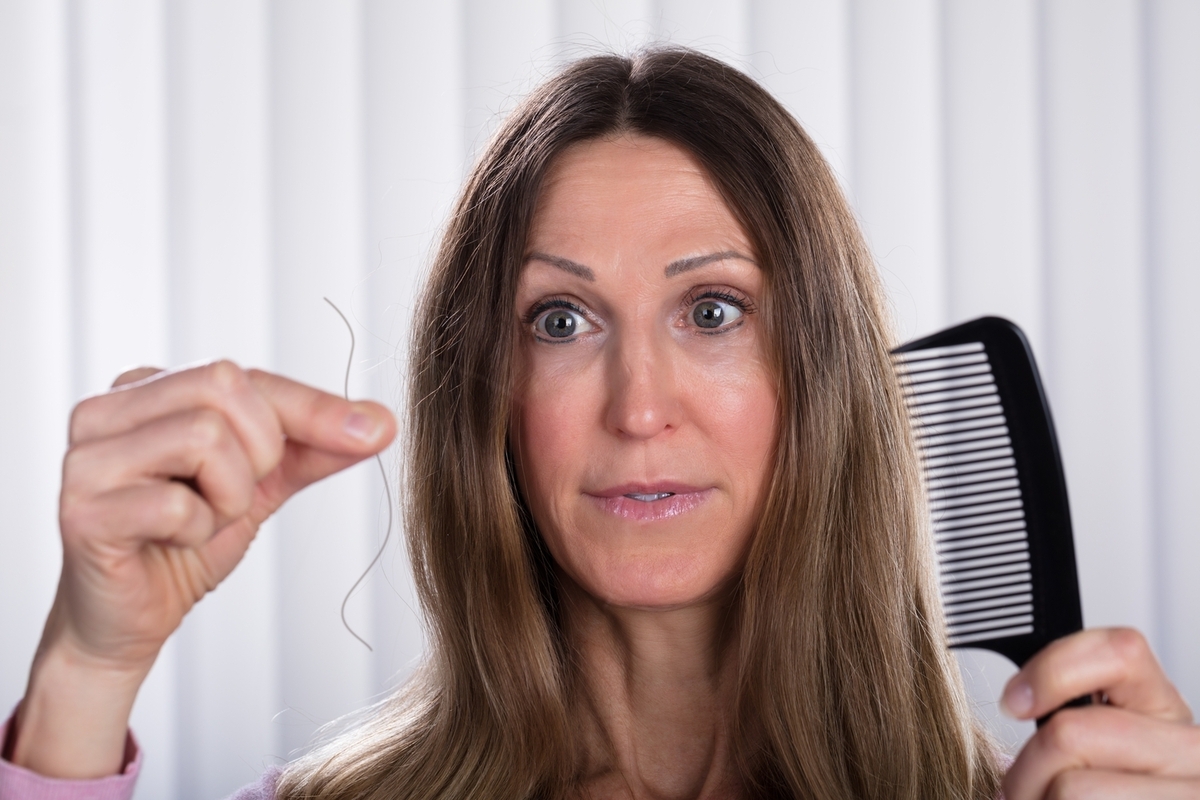Comprehensive Guide to Hair Thinning: Causes, Prevention, and Treatment Strategies
Hair thinning is a widespread concern influenced by hormonal changes, genetics, stress, medications, and lifestyle choices. This detailed guide explores the main causes of hair loss, how to identify them, and effective strategies for prevention and treatment. Understanding these factors enables individuals to take proactive steps, including proper hair care, diet adjustments, and medical consultation, to maintain healthy, thick hair. Early intervention and professional guidance are essential for preventing further thinning and promoting hair regrowth, helping individuals regain confidence and improve overall hair health.

Understanding the Main Factors Behind Hair Thinning
Hair thinning is a common issue that affects individuals across different age groups and backgrounds. While occasional hair shedding is a normal part of the hair growth cycle, noticeable thinning or a significant reduction in hair volume can be distressing and often signals underlying health or lifestyle issues. Recognizing the root causes of hair loss is essential for deploying effective treatment strategies and preventing further thinning.
Hair loss can stem from a variety of factors, ranging from hormonal changes to lifestyle choices, and understanding these causes is the first step toward managing and reversing the condition. This comprehensive guide delves into the main reasons behind hair thinning, how to identify them, and practical approaches for addressing hair loss effectively.
Let’s explore the key factors contributing to hair thinning in detail:
Hormonal Fluctuations – Hormones play a vital role in hair growth regulation. Changes during pregnancy, menopause, thyroid disorders, or post-childbirth can lead to an imbalance in hormones like androgens and estrogens, which often results in hair thinning or shedding. For instance, during menopause, declining estrogen levels can cause hair to become thinner and less resilient. Similarly, thyroid imbalances can disrupt the hair growth cycle and lead to diffuse hair loss.
Medication Side Effects – Certain medications are known to cause hair loss as a side effect. Chemotherapy drugs for cancer, medications for arthritis, heart health, depression, and hypertension are common culprits. Additionally, birth control pills and hormone therapy can influence hair health. If you notice increased hair shedding after starting a new medication, consult your healthcare provider to explore alternatives or solutions.
Stress and Psychological Factors – Emotional stress, trauma, or physical stressors such as illness or surgery can trigger a type of temporary hair loss known as telogen effluvium, which causes hair to shed prematurely. Typically, this condition resolves once stress levels moderate or the underlying issue is resolved, but chronic stress can lead to more persistent hair thinning. Managing stress through relaxation techniques, exercise, and adequate sleep is crucial.
Genetics and Hereditary Factors – Genetic predisposition significantly influences hair thinning patterns, especially in male and female pattern baldness. This hereditary trait often leads to a gradual receding hairline or thinning crown, particularly as individuals age. Understanding your family history can help anticipate future hair health issues and take proactive measures.
Harsh Hair Treatments and Styling Habits – Frequent use of chemical treatments such as dyes, relaxers, and perms, along with excessive heat styling (blow dryers, curling irons), can weaken hair strands and damage hair follicles. Tight hairstyles like ponytails, braids, or buns exert stress on hair roots, resulting in traction alopecia. Limiting harsh treatments, opting for gentle styling, and giving hair regular breaks can help maintain follicle integrity.
Dietary and Nutritional Factors – Nutrition plays a crucial role in hair health. Deficiencies in essential nutrients, such as iron, zinc, vitamins D and B12, and proteins, can undermine hair strength and growth. Furthermore, calorie restriction and poor dietary habits may lead to hair thinning over time. Achieving a balanced diet rich in vital nutrients can promote healthier, thicker hair.
Addressing hair thinning effectively requires timely professional diagnosis and lifestyle modifications. Incorporating specialized hair care products like nourishing shampoos, scalp serums, and treatments designed to stimulate follicle renewal can make a significant difference. Maintaining a healthy diet, reducing stress, avoiding damaging hair practices, and consulting hair specialists for personalized solutions are vital steps towards restoring hair vitality. Early intervention not only prevents further hair loss but also improves the likelihood of regrowth and long-term hair health.





